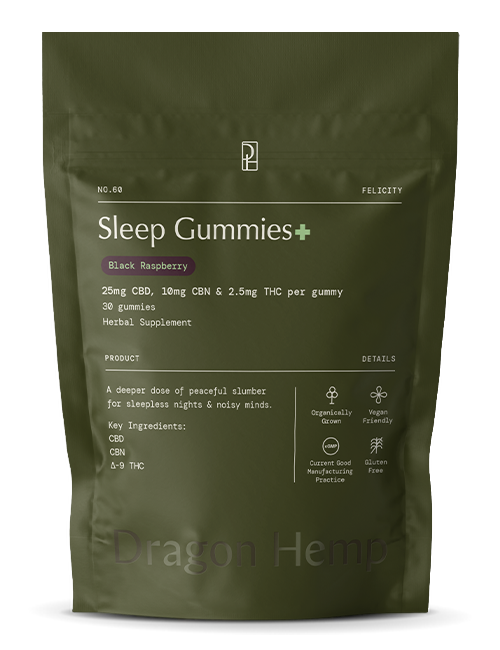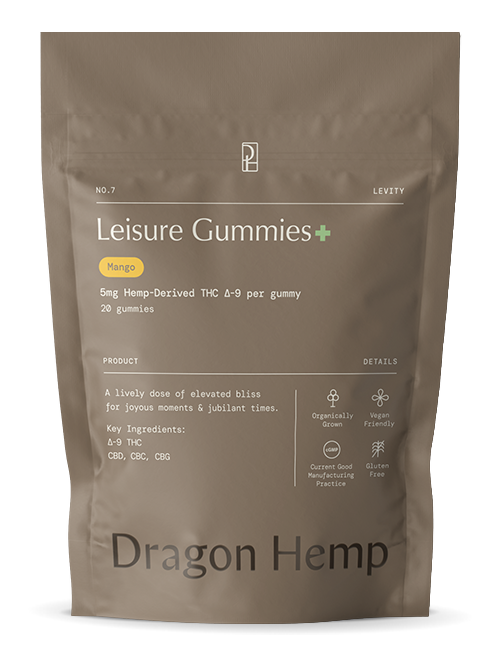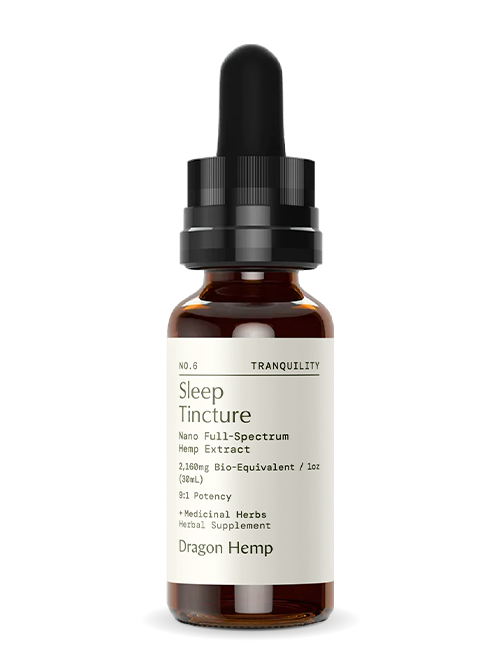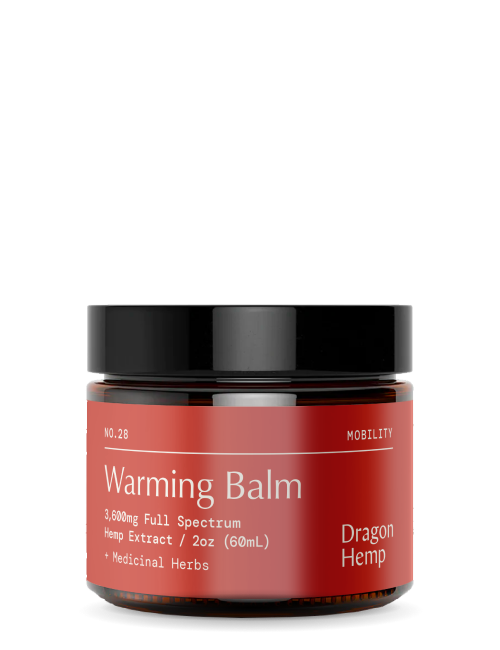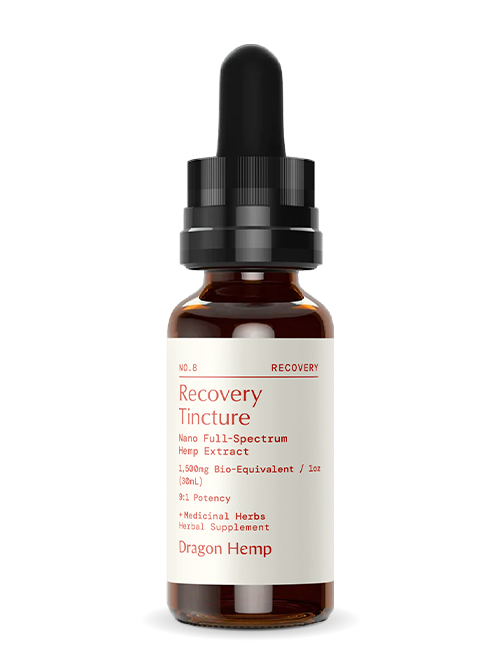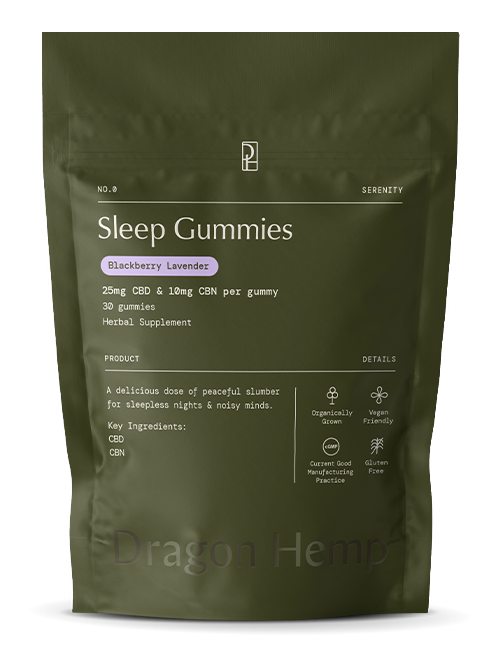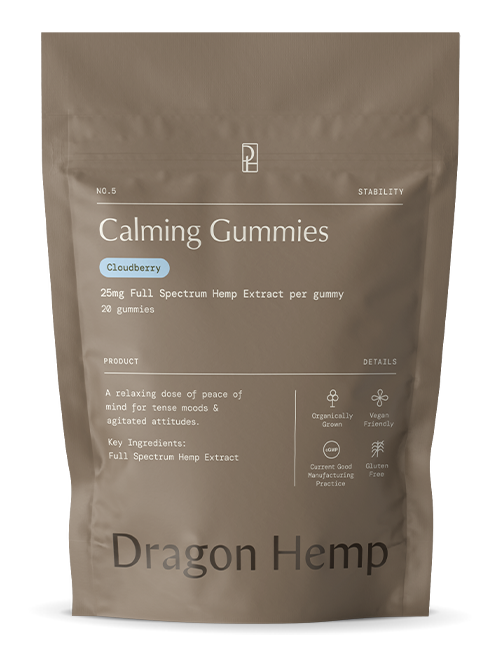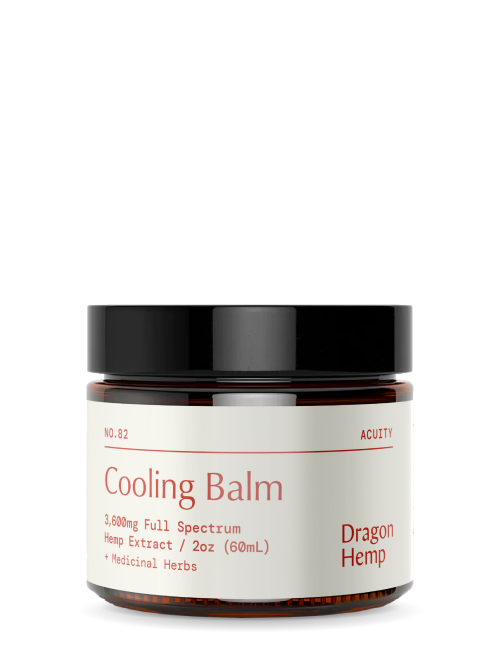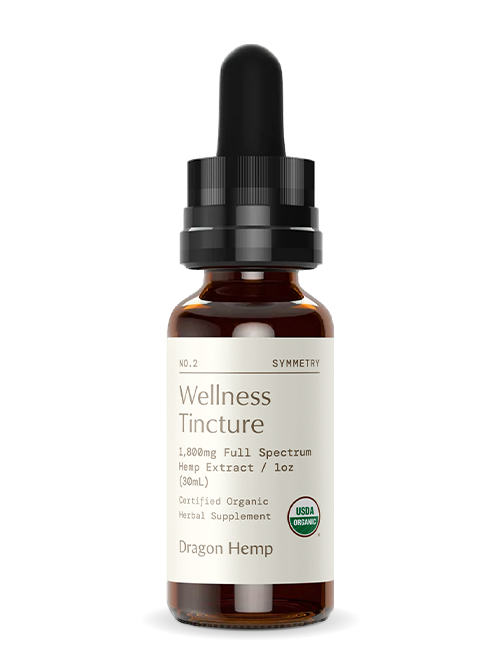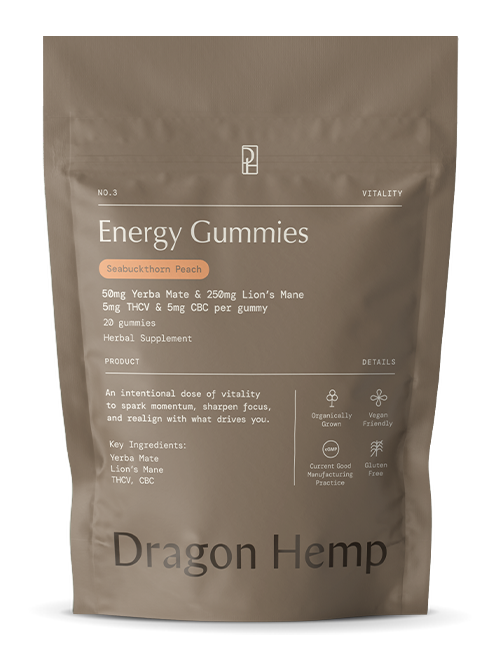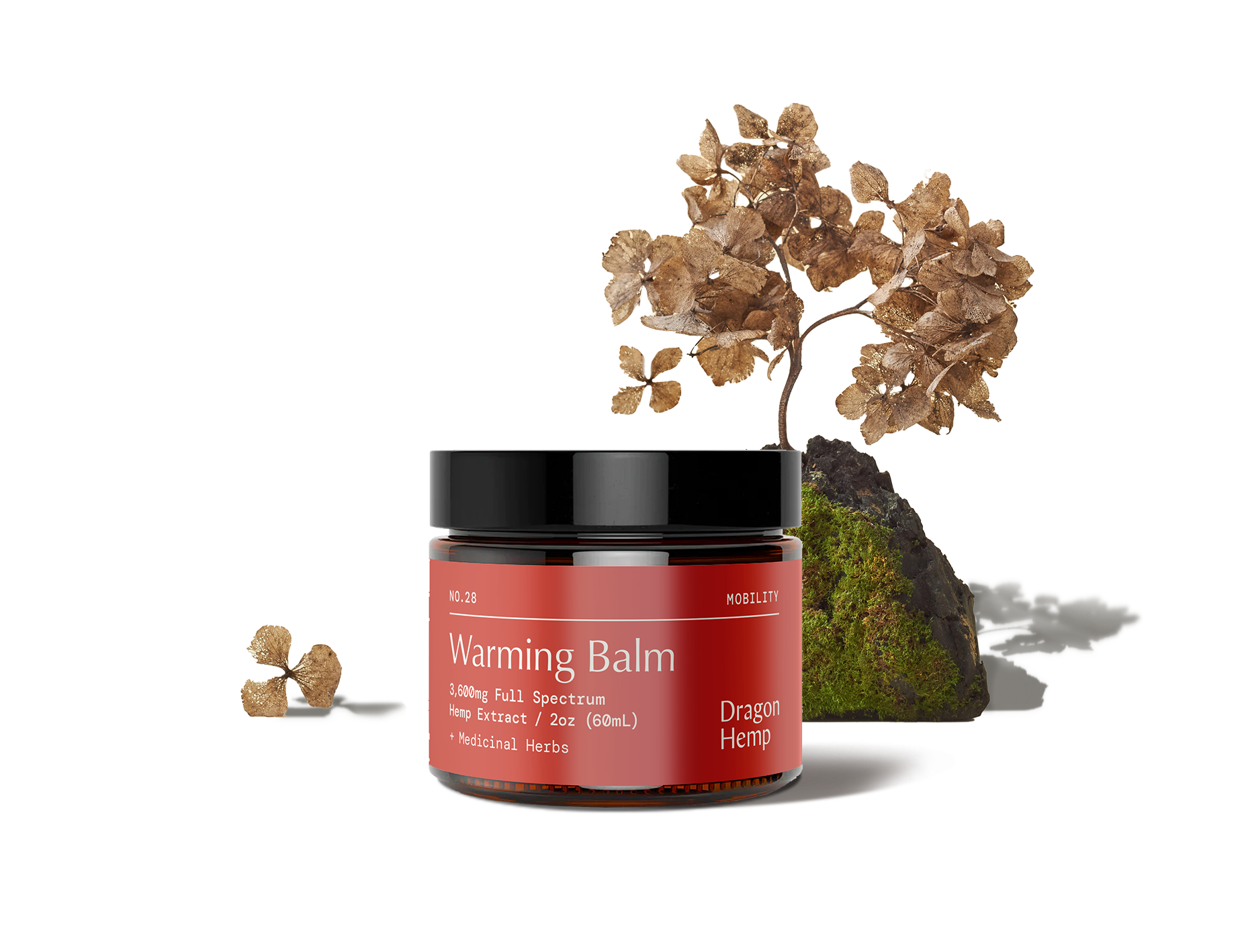
THCV vs Delta 8
Cannabis goes by many names – Weed, the Herb, Mary Jane, the list is endless. Everyone has a name for this unique plant, depending on how it makes them feel. In academia, researchers also have a name for it – the plant with one thousand and one compounds.
There is no doubt that cannabis is compound-rich. A few decades back, even seasoned cannabis users probably knew just a few compounds, most likely the famous tetrahydrocannabinol (THC) and cannabidiol (CBD).
Cannabinoids like tetrahydrocannabivarin (THCV) and delta-8-tetrahydrocannabinol (delta 8) were unknown just a few years back, but not anymore. But thanks to more accommodative legislation, cannabis research has grown in leaps and bounds. As a result, many more compounds have been discovered, as have their innumerable health benefits.
This article explores these newly emerged cannabinoids and shines the spotlight on their unique qualities that make them among the most sought-after cannabinoids in the cannabis industry.
Key Takeaways
- THCV and delta 8 are minor cannabinoids existing naturally in cannabis.
- THCV's psychoactivity is dose-dependent, i.e., it induces psychotropic effects in larger doses; otherwise, it is not psychoactive.
- THCV produces a stimulating 'high' that most users describe as psychedelic-like.
- Like regular THC, delta 8 is psychoactive, but its effects are much milder than THC's.
- Delta 8's psychoactive effect is described as relaxing and sleep-inducing, in addition to causing short-term memory loss.
What is THCV
THCV, or tetrahydrocannabivarin, is one of the minor cannabinoids of cannabis. It sounds similar to THC, but these two compounds are anything but similar. While both exist naturally in cannabis, THCV is found in far lesser quantities (typically < 5%). THC is far more predominant, averaging 15-20% in common strains.
One major feature that distinguishes THCV from THC is the carbon side chain (alkyl group). THCV has a shorter carbon side chain of 3 carbon atoms, while THC's alkyl group is 5 carbon atoms longer. We'll explain the implications of this later.
Since its discovery in the 70s, a lot of research has been conducted on THCV. One of the standout features of this cannabinoid is the ability to induce different effects depending on its concentration.
At lower doses, THCV behaves like a CB1/CB2 receptor antagonist. This fundamentally means it blocks the activity of even more potent CB1 agonists at these receptors. The direct implication is that THCV is predominantly non-psychoactive, i.e., it is not 'high’-inducing. Also, due to this ambivalence, THCV can reverse some effects of THC, such as hypothermia and antinociception.
In larger doses, THCV changes character and becomes a CB1/CB2 partial agonist. This means it can activate these receptors but only to a limited extent. One implication of this is that THCV can produce a 'high.' Actually, people who have vaped THCV claim it has an energizing and psychedelic-like 'high.'
Besides the CB receptors, THCV can also block or activate non-cannabinoid receptors like transient receptor potential (TRP) ion channels (e.g., TRPV1) and G-protein coupled receptors like GPR55. Other studies have shown that THCV can also activate 5-HT1A receptors, at least in vitro. You've probably heard of these receptors in conversations about serotonin, so this gives you a hint of the possible health benefits of THCV.
What is Delta 8
What immediately comes to your mind when you hear the word cannabis? THC, right? It's understandable because THC (also called delta-9-THC) is the primary psychoactive ingredient in cannabis. It's the reason you get 'high' or 'stoned' after smoking cannabis.
But THC isn't the only 'delta' in cannabis; neither is it the only psychoactive cannabinoid. Turns out cannabis contains plenty of these 'deltas,' including delta-8-THC and delta-10-THC.
Delta 8 belongs to the class of minor cannabinoids, meaning it's naturally produced in trace amounts. So, it's mostly synthesized from hemp-derived CBD.
Even though it's quite similar to delta 9, this cannabinoid is noted for its subdued effects compared to regular THC. The main difference between delta 8 and delta 9 is the position of the carbon-carbon double bond. As their names suggest, delta 8 has this double bond at carbon № 8, while delta 9 has a double bond at carbon № 9.
An easier way of distinguishing delta 8 from delta 9 is by the total number of double bonds. Delta 8 has 4 carbon-carbon double bonds, while delta 9 has three. Comparatively, delta 8 is structurally more similar to CBD than delta 9. This may explain why its effects are more CBD-like.
Is THCV the same as Delta 8
Despite coming from the same plant, THCV and delta 8 are different. For starters, both compounds are synthesized from different precursor molecules. For instance, THCV is made from cannabigerovarinic acid (CBGVA), while the 'deltas,' i.e., THC and delta 8, are synthesized from cannabigerolic acid (CBGA).
Chemically, THCV has a shorter carbon side chain (3 carbon atoms) than delta 8. The latter's carbon side chain is 5 carbon atoms long. They also produce different effects, with THCV regarded as more energetic while delta 8 is calming and sleep-promoting.
Is THCV stronger than Delta 8
In terms of psychoactivity, yes, THCV produces a stronger effect on the brain than delta 8. However, both cannabinoids are less intense than THC, which probably explains why they are so in demand.
The science behind cannabinoids' ability to bind to CB1 receptors and exert psychotropic effects comes down to the length of the side chain. THCV has a 3-carbon side chain (propyl) while THC has a 5-carbon side chain; hence THC's more intense 'high.'
In comparison, delta 8 also has a 5-carbon side chain, so on paper, it should have a stronger psychoactive effect than THCV. There are suggestions that delta 8 also produces a euphoric and energetic 'high' similar to THCV but more intense, but people respond differently to cannabinoids. Plus, many factors determine the pharmacokinetics of cannabinoids in the human body.
Ultimately, both cannabinoids are considered minor cannabinoids that are essentially non-psychoactive in lower doses. However, they have desirable health benefits that have seen them become increasingly popular among cannabis users.
THCV vs Delta 8 effects
Generally, the differences between THCV and delta 8 are quite subtle and mostly depend on the dosage. You are unlikely to get 'high' from taking both cannabinoids in moderate quantities. However, at higher doses, there's a chance both cannabinoids are psychoactive.
The good news is that their 'high' is nothing like THC's. While THC's 'high' can be mind-bending, delta 8 produces a gentler intoxicating effect that makes most users sleepy, relaxed, and forgetful. Others consider it euphoric, so we guess it depends on the individual.
On the other hand, THCV is considered more of a stimulant – it's associated with increased energy levels, better focus, and concentration. Its energy boost is often compared to the boost derived from an energy drink or coffee minus the jitters, headaches, and dizziness.
One attribute that THCV users talk about is appetite suppression. Besides its pleasant 'high,' THCV appears to reduce the urge to eat, unlike THC, which gives users "the munchies."
THCV vs delta 8
There are varying user opinions regarding the effects of THCV vis-à-vis delta 8. Users on both camps claim both cannabinoids induce a psychedelic-like 'high,' but THCV's is somewhat energetic.
Those who've had the "best experience" mixed THCV and delta 8 (delta 8 carts with THCV). They describe the effect as noticeable but not very strong. Some users claim D8 carts with THCv help with intrusive thoughts and anxiety. In any case, most manufacturers mix cannabinoids to enhance their overall effect because, frankly speaking, it's going to be difficult to get a cannabis product made solely from THCV, considering how scarce it is.
It appears the effects also depend on the form in which you take the cannabinoids. Cannabis users who've tried D8 edibles say the effects were really strong on the first attempt. However, subsequent ingestions did not yield the earlier effect. It's unclear why some users have such effects, but hey, everyone is different.
THCV vs delta 8 gummies
Generally, it seems vaping THCV or delta 8 has a more noticeable effect than eating the cannabinoids from gummies. Most users claim THCV's effects are more similar to CBD's than THC's in the way it clears the mind and enhances focus.
Also, the consensus among cannabis users is that the effects of these cannabinoids are more noticeable when taken together. This reinforces the notion of the "entourage effect."
Just as well because our FOCUS gummies are made with THCV and Lion's Mane extracts to boost cognitive function and help you get the most out of your brain! These gummies come in two distinct flavors – mango and raspberry lemonade – to make chewing them a treat.
If it's energy you seek, we have just the right product for this function. Our Energy gummies are made with active cannabinoids CBC and THCV to rev up your energy reserves and get you going. You no longer have to withstand the headaches and dizziness that come with caffeine – just pop 1-2 pieces of these delicious orange cream-flavored edibles and unleash the energy you need to face the world!
Feel like yourself again.
Peruse our collection of plant-based therapeutics blending time-honored herbal remedies with next-generation cannabinoid extracts.







